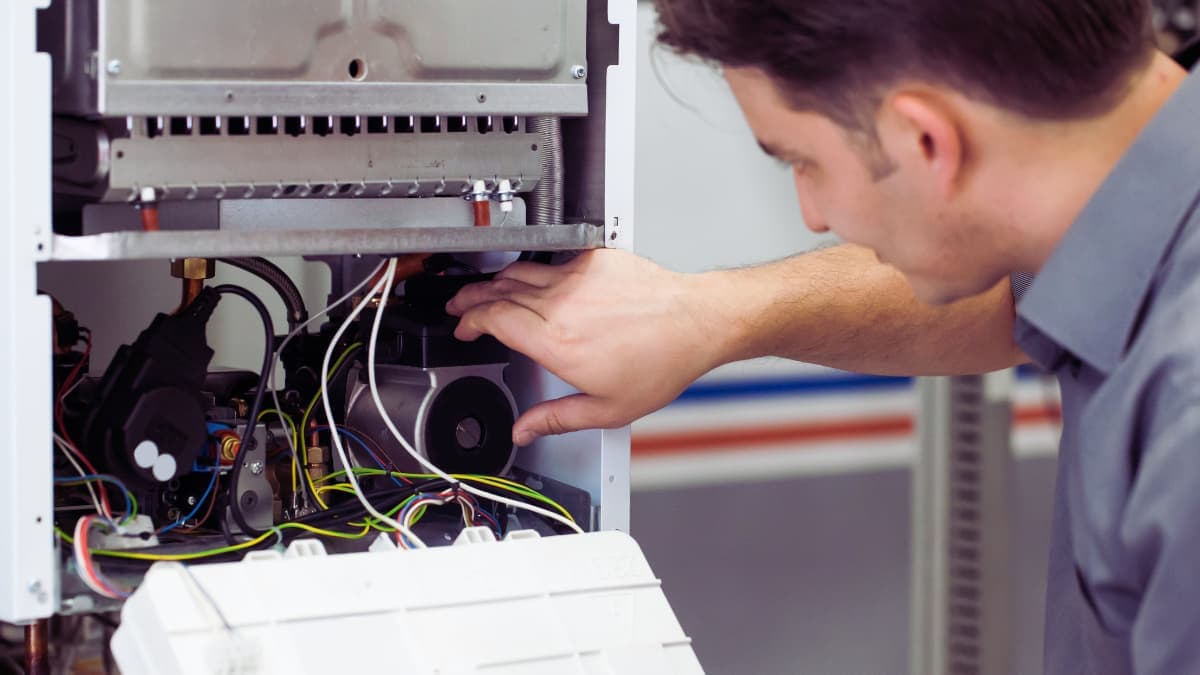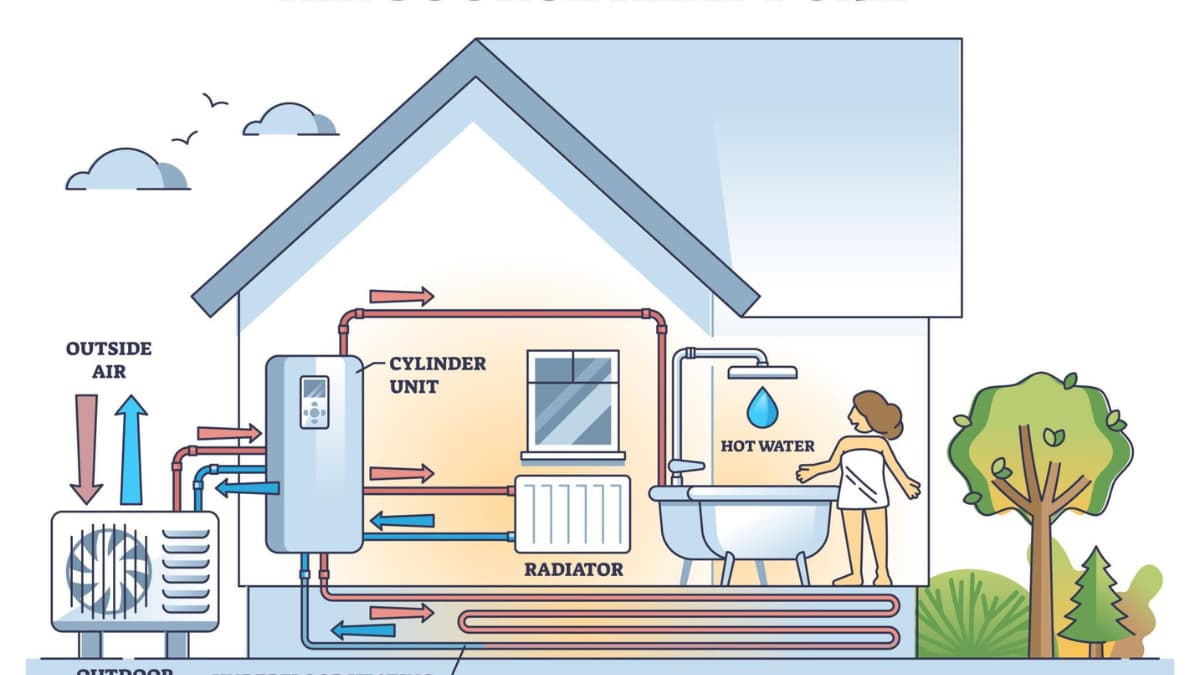Across the UK, the heating industry is undergoing significant changes. The skills of traditional gas engineers remain vital, yet renewable heating technologies are now shaping the future of energy. As homeowners and businesses seek more sustainable solutions, there is a growing demand for professionals who understand both the technical and business aspects of the trade.
At Staffordshire Training Services, we believe that the best engineers are those who continually learn and improve. Our accredited training programmes allow qualified gas engineers and new entrants to expand their knowledge, gain confidence, and prepare for the shift towards renewable energy.
Career Paths
Gas and renewable heating careers share the same foundation: a focus on safety, efficiency, and comfort. However, each discipline has its own unique path.
A Gas Engineer installs, maintains, and repairs boilers, appliances, and heating systems. They ensure everything operates safely and efficiently, often working in homes, commercial properties, and industrial settings.
A Renewable Heating Engineer, on the other hand, focuses on sustainable systems, such as air source heat pumps, solar thermal installations, and other low-carbon solutions. Their role supports the UK’s goal of reducing emissions and improving energy efficiency.
Both careers offer practical, hands-on work with strong job security. The exciting part is that they are no longer separate worlds. Today, gas engineers can train in renewable systems and provide customers with both traditional and sustainable heating options.
Skills and Knowledge
Both gas and renewable heating engineers rely on a strong technical foundation. Diagnostic ability, safety awareness, and customer communication are essential in both roles.
A gas engineer must understand combustion, ventilation, and pressure systems to ensure the safe operation of these systems. A renewable heating engineer must understand system design, energy efficiency, and environmental performance to design and implement sustainable heating solutions effectively.
The most successful professionals combine both. Gas engineers who upskill into renewables can offer complete heating solutions, guiding customers through modern energy choices with confidence. This dual capability is becoming one of the most valuable skillsets in the industry.
Training and Qualifications
At Staffordshire Training Services, we provide clear routes into both careers through accredited qualifications delivered by experienced instructors.
For those starting, the Gas Managed Learning Programme (MLP) is the ideal foundation. It covers the essential knowledge and practical skills required to become a competent and registered gas engineer.
Once qualified, engineers can progress into renewable technologies such as:
- Air Source Heat Pump Training – covering system design, installation, and commissioning
- Solar Thermal Hot Water Systems – teaching efficient use of solar energy for domestic and commercial applications
- Unvented Hot Water Training – essential for engineers handling pressurised systems
By combining these courses, engineers can build a well-rounded portfolio that meets modern market demand. This approach not only enhances career prospects but also gives customers confidence in their engineer’s ability to offer both conventional and sustainable solutions.
Career Progression and Opportunities
The career opportunities in both sectors are extensive.
Gas engineers can move into commercial systems, supervisory roles, or even training and assessment. Renewable heating specialists can focus on system design, consultancy, or large-scale energy projects.
Engineers who bridge both fields are particularly well placed. By offering a comprehensive service—from boiler replacement to renewable energy upgrades, they meet the growing demand from customers who seek practical guidance during the transition to low-carbon heating. This blend of expertise positions them as trusted professionals for the future.
Earnings and Job Demand
The demand for skilled engineers remains high. The UK continues to rely on millions of gas heating systems that require ongoing maintenance, while renewable installations are expanding rapidly.
Gas engineers typically enjoy stable, well-paid employment with opportunities to own and operate their own businesses. Renewable heating engineers are witnessing a rising demand as government incentives and environmental awareness grow.
Those trained in both fields can access the best of both worlds: steady income from traditional work and new opportunities in a growing renewable sector. This combination often yields broader client bases and increased earning potential.
The Future of Heating Careers in the UK
The UK’s journey to Net Zero is reshaping the heating industry. The move away from fossil fuels does not mean the end of gas engineering; instead, it opens the door for evolution. Engineers who expand their knowledge and adapt to renewable systems will lead the way.
Future heating professionals will need to understand hybrid systems that combine gas training and renewable energy sources. This transition period presents an enormous opportunity for engineers who are ready to diversify and deliver solutions that meet both current and future needs.
Building a Career with Staffordshire Training Services
A successful career in heating is about more than technical skill. It is about adaptability, confidence, and the willingness to grow with the industry. At Staffordshire Training Services, we equip our learners with the knowledge and skills needed to thrive in both the gas and renewable energy sectors.
Whether you are beginning your journey or expanding your qualifications, our training centre in Stafford provides a supportive environment where learning is practical, professional, and accredited.
Join us to future-proof your career and become part of the next generation of skilled, versatile engineers leading the UK towards a cleaner energy future.
Related Articles
- Gas and Renewable Training For Future Proof Skills
- Kickstart Your Gas Career With The MLP Course
- A Guide To Domestic Gas ACS Reassessment
- Advantages of Training in Both Heat Pump Technologies
- Adding Renewables to Your Heating Business
Prefer an AI Summary?



